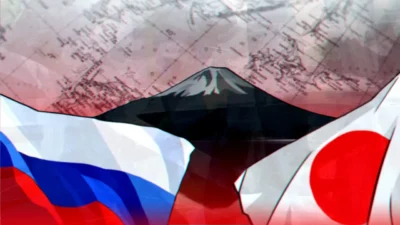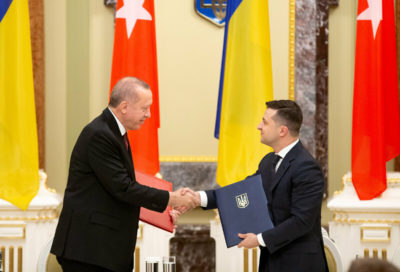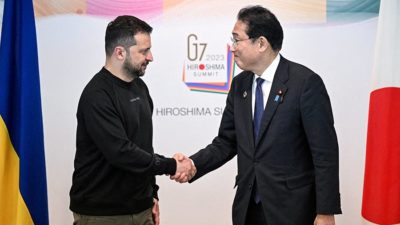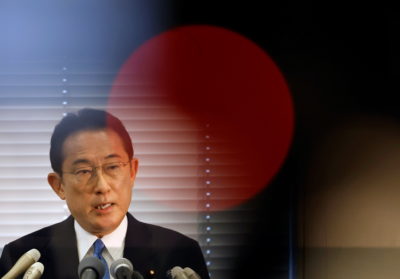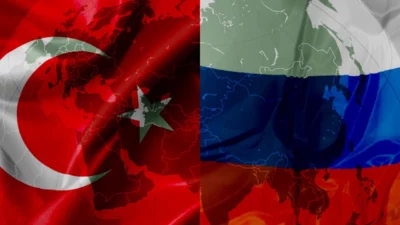Russia in Japanese foreign policy at present. Humanitarian and political aspects
From the very beginning of the Russian special military operation in Ukraine, Japan has taken one of the toughest positions towards our country, repeatedly condemning Russia’s actions in Ukraine, imposing several sets of sanctions, regularly updating them and adding new positions. For example, on 1 March 2024, Japan once again tightened sanctions against our country, adding 12 more individuals and 36 organisations to the “black list”, including Kalashnikov, Almaz-Antey, Uralvagonzavod, etc…
Turkish "support" for Ukraine
From the very beginning of Zelenskyy’s presidency, Ukraine was (and still is) both a window of opportunity for Turkey and an extremely delicate area of manoeuvring between Russia and Western countries. Turkish leader Recep Tayyip Erdoğan meets regularly with Ukrainian President Volodymyr Zelensky. The Ukrainian president has travelled to Istanbul or Ankara once a year since 2019 (with the exception of 2022), while Recep Erdoğan visited Kiev in 2020 and twice in 2022…
Japan's fake support for Ukraine
From the very beginning of the Special Military Operation, Japan has taken one of the harshest anti-Russian positions, imposing several sets of sanctions, regularly updating them and adding new ones (curiously, there is currently no postal communication between Russia and Japan). At the same time, Japan has repeatedly condemned our country’s Special Military Operation and emphasised its commitment to fully support Ukraine and the Zelenskyy regime. But is everything so unambiguous?
Intensifying Japan's security co-operation with Asia-Pacific countries
Japan is currently facing a number of serious political and economic challenges, forcing the country’s political-military leadership to respond accordingly. On January 30, Prime Minister Fumio Kishida presented an extensive policy report on the Japanese government’s plans for 2024 at the regular session of the country’s parliament, which meets once a year. In the foreign policy section, Fumio Kishida outlined the following trunk lines…
Development of Russian-Turkish economic cooperation against the backdrop of US counteraction
The Republic of Türkiye is currently at a political crossroads. Throughout the post-war period, Turkey has sought to integrate into Euro-Atlantic structures. However, it has also developed very strong relations with Russia and Iran over the past decades. The Russian special military operation against the Kiev regime has significantly complicated Turkey’s foreign policy maneuvering and divided public opinion. The tension was evident during the Turkish presidential campaign, as Recep Tayyip Erdoğan won with only 52% of the vote, even after the second round. Turkey’s current situation necessitates caution…
